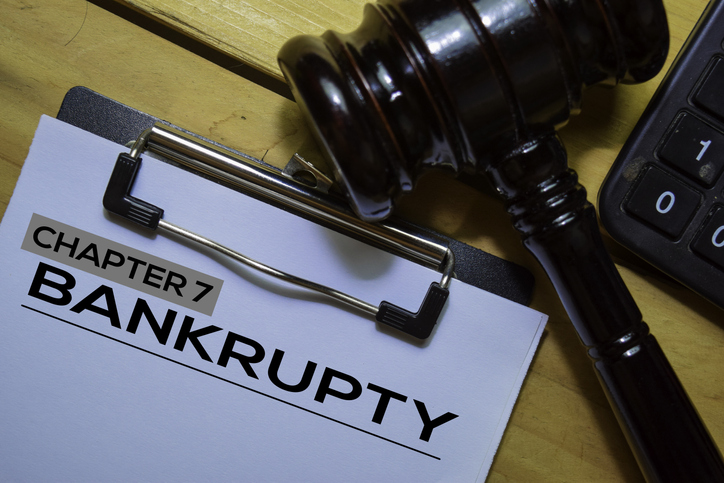The Chapter 7 Trustee’s Power to Avoid Transactions

The purpose of bankruptcy is to enable people who have suffered financial hardships to discharge their debts and get a start fresh. However, the bankruptcy law is also designed to treat creditors fairly. Therefore, the law gives the trustee of a bankruptcy estate the power to avoid what are called preferential transfers: those that benefit one or more creditors to the detriment of others. The effect of avoidance is to return the transferred assets to the bankruptcy estate.
Preferential transfer means giving money or property to a creditor, immediately prior to the filing of a Chapter 7 petition, in a way that favors one or more creditors and results in other creditors being financially harmed. The debtor must disclose transfers made 90 days or less before filing that total $600 or more (or $6,825 or more for business-related debt). The 90-day lookback period is used because under bankruptcy law, a debtor is presumed to be insolvent during that time.
In analyzing whether or not a particular transfer is preferential, a bankruptcy court looks at five criteria:
- Did the transfer work to the creditor’s benefit?
- Was the transfer used to pay a pre-existing debt?
- Was the transfer made when the debtor was insolvent?
- Did the transfer occur within 90 days of the bankruptcy filing? The lookback period is extended to one year if the transfer was to “insiders” such as relatives or partners of the debtor.
- Did the creditor receive more property and funds than it would have received in a Chapter 7 proceeding absent the transfer?
There are exceptions to the rules described above. For instance, if the creditor who received a payment from the debtor within the 90-day period can show that the debtor was solvent at the time, the trustee may not avoid the payment in question. Remember, the 90-day rule is just a presumption.
If the debtor makes a payment to a vendor in the ordinary course of business, even within the 90-day period, it is not necessarily a preferential transfer. Another exception is when the debtor makes a payment for a pre-existing debt but receives new or additional value from the creditor.
If you are having serious financial problems, contact the Law Offices of James C. Zimmermann. We may be able to help you get back on track through bankruptcy or other debt relief options. Arrange a free consultation by calling 973-764-1633 or contacting us online. Our New Jersey offices are conveniently located in Hackensack, Vernon, Wayne, Pompton Lakes and Nutley.
